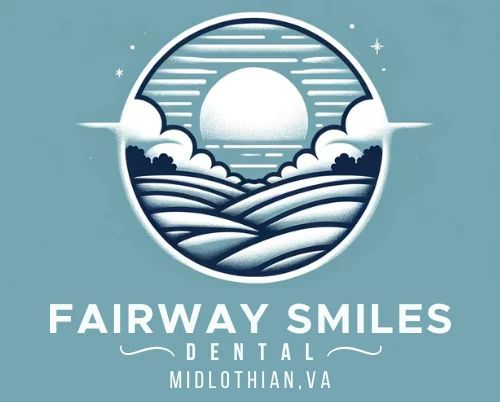Sweets and sugary treats are often associated with happy occasions and rewards, but they come with a less sweet side effect: dental caries, commonly known as tooth decay. The relationship between sugar intake and dental health is well-documented, with a significant body of research underscoring the need for moderation to maintain oral health.
A study by Sheiham and James (2014) highlights a robust log-linear relationship between sugar intake and caries, suggesting that even with the widespread use of fluoride, sugar intakes should ideally be less than 3% of energy intake to prevent a high burden of caries in both children and adults (A reappraisal of the quantitative relationship between sugar intake and dental caries).
Peres et al. (2016) conducted a longitudinal study that found a direct correlation between sugar consumption patterns from childhood to adolescence and the increment of dental caries. The study concluded that higher sugar consumption over the life course was associated with a higher increment in dental caries, emphasizing the importance of controlling sugar intake from an early age (Sugar Consumption and Changes in Dental Caries from Childhood to Adolescence).
Furthermore, Chi and Scott (2019) discuss the impact of added sugars, particularly from sugar-sweetened beverages, on tooth decay in US children. They argue for the role of dental health professionals in identifying sugar-related behaviors and advocating for policy changes to reduce added sugar intake and improve dental health outcomes in children (Added Sugar and Dental Caries in Children: A Scientific Update and Future Steps).
The science is clear: when sugar is consumed, bacteria in the mouth produce acids that attack the enamel, the hard surface of the tooth. Over time, this acid can cause enamel to break down, forming a cavity. If left untreated, cavities can lead to severe toothache, infection, and even tooth loss. The evidence supports the need for dietary guidelines that limit sugar intake and promote oral hygiene from a young age to prevent the onset of dental caries.
